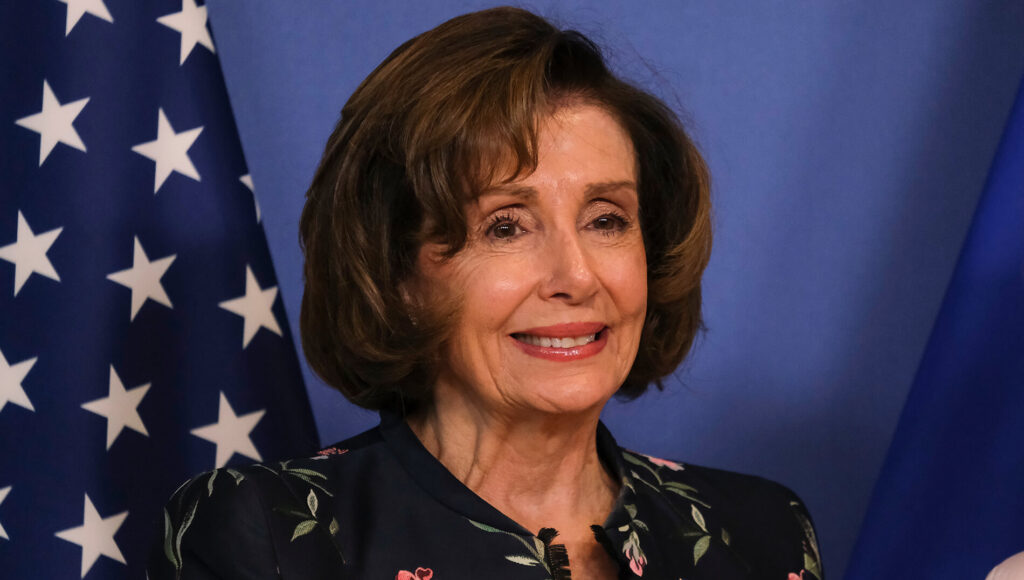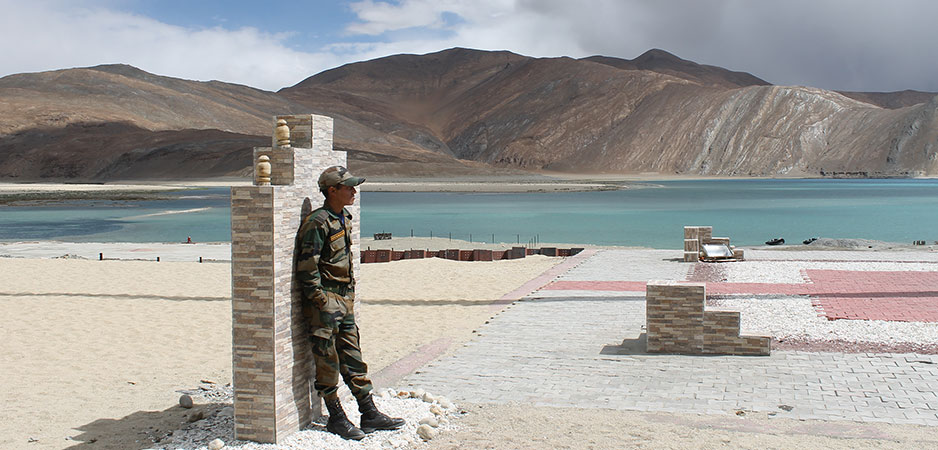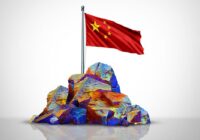The most worrying phenomenon in the world today is the warlike rhetoric that China and the US exchange on a regular basis. Almost the only topic, on which Republicans and Democrats agree nowadays, is that China must be curbed economically and militarily.
President Donald Trump imposed punitive tariffs on Chinese goods worth $50 billion. He cited the theft of intellectual property and currency manipulation as reasons for penalizing China. Mike Pence, as Trump’s vice president, declared that the US would prioritize competition over cooperation in its relations with China.
President Joe Biden’s administration is not only continuing with Trump’s tariffs, but it is also introducing restrictions on the export of certain semiconductor chips to China. Their goal is to prevent China from getting access to cutting-edge technology and to hobble the semiconductor industry.
Industry experts estimate that Taiwan now “produces over 60% of the world’s semiconductors and over 90% of the most advanced ones.” Officially, Taiwan is a part of China. When the Chinese Communist Party (CCP) won the civil war, the Kuomintang (KMT) fled to an island off Mainland China. For decades, both the CCP and KMT maintained a “One China” policy.
Taiwan has since transitioned into a democracy. The KMT is no longer in power. Taiwanese President Tsai Ing-wen belongs to the Democratic Progressive Party. She has made a historic visit to the US and met the US House of Representatives Speaker Kevin McCarthy. The Chinese are clearly not pleased with this visit or this meeting. De facto, Taiwan has become militarily and politically independent of Beijing.
Taiwan has become a flashpoint for US-China relations. In the last few years, US media has been speculating about a Chinese invasion of Taiwan. China’s rhetoric has also been hardening. Beijing is restricting the exports of rare earths needed to build the batteries necessary for renewable power.
China has increased military spending as well. Chinese defense expenditure increased by 15% per year from 1990 to 2005. This trend has continued. In March 2023, China announced a defense budget of $224.8 billion, marking a 7.2% increase from 2022. Beijing is also prioritizing its navy, and navies can be used to enforce blockades.
The US Navy has long been dominant globally but now faces a challenge in the Pacific from the Chinese Navy. In any confrontation with China, the US can count on the support of its allies in NATO, and from countries like Japan, South Korea, the Philippines and Australia. On the other hand, China has no significant allies, except perhaps Russia.
Interestingly, the country whose population feels most threatened by China is India. A poll found 73% Indians worrying about China’s military rise. A large majority of the Japanese are also worrying about the threat from China. Just before Christmas last year, Japan increased its defense spending, announcing it would double it over the next five years. In contrast, only 48% of the French and 40% of Germans feel China poses a risk to their respective countries.
The US has complained repeatedly about China not trading fairly with the rest of the world. Yet the US continues to weaken the World Trade Organisation (WTO), the only body that could discipline Chinese unfair trade practices. Thus, US-China trade tensions have been increasing steadily.
Kevin Rudd, the former Australian prime minister, has called for a structured relationship between China and the US. He calls for “managed strategic competition” between the US and China in his 2022 book, The Avoidable War. Strong institutions such as the WTO would help.
Working out the terms of this arrangement to manage relations between the world’s two biggest powers will not be easy. It would require creativity and goodwill on both sides. Statesmanship is the need of the hour.
The views expressed in this article are the author’s own and do not necessarily reflect Fair Observer’s editorial policy.
Support Fair Observer
We rely on your support for our independence, diversity and quality.
For more than 10 years, Fair Observer has been free, fair and independent. No billionaire owns us, no advertisers control us. We are a reader-supported nonprofit. Unlike many other publications, we keep our content free for readers regardless of where they live or whether they can afford to pay. We have no paywalls and no ads.
In the post-truth era of fake news, echo chambers and filter bubbles, we publish a plurality of perspectives from around the world. Anyone can publish with us, but everyone goes through a rigorous editorial process. So, you get fact-checked, well-reasoned content instead of noise.
We publish 2,500+ voices from 90+ countries. We also conduct education and training programs
on subjects ranging from digital media and journalism to writing and critical thinking. This
doesn’t come cheap. Servers, editors, trainers and web developers cost
money.
Please consider supporting us on a regular basis as a recurring donor or a
sustaining member.
Will you support FO’s journalism?
We rely on your support for our independence, diversity and quality.










Comment